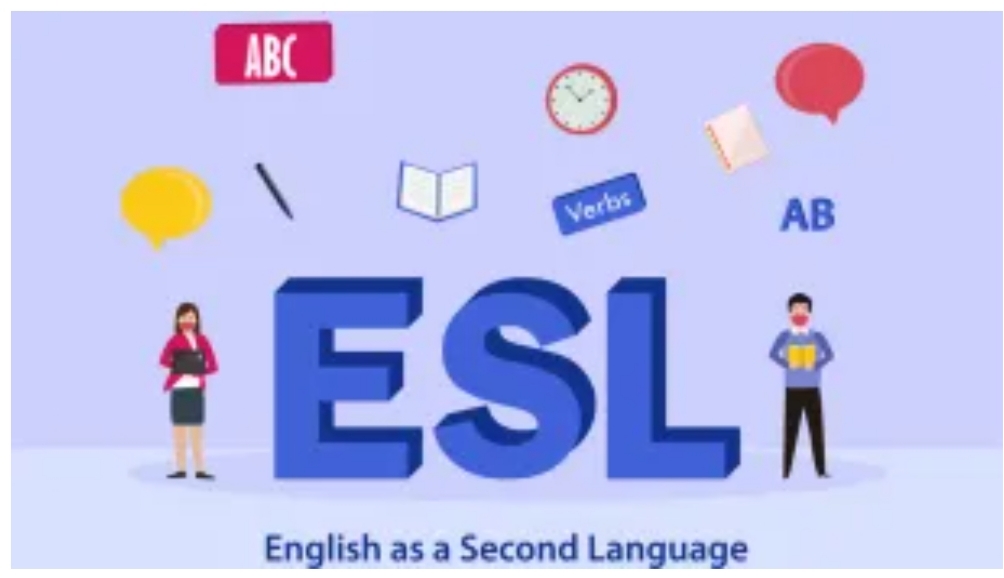Native Vrs Non Native

In Defense of Non-Native English Teachers: Redefining Excellence in ESL Education
In the globalized world of English language education, the debate over native versus non-native English-speaking teachers (NNESTs) remains both contentious and outdated.
While native speakers have traditionally been favored in many hiring practices and perceptions of authority, it's time we critically examine and ultimately reject the idea that being a native speaker inherently makes one a better English teacher.
Non-native English-speaking teachers offer unique, invaluable strengths that make them equally—if not more—effective in many ESL contexts.
This article takes a firm stance in support of non-native English teachers, arguing that they bring pedagogical empathy, multilingual insight, and cultural relatability that native speakers often cannot match.
Pedagogical Empathy and Shared Learning Experience
One of the greatest strengths of non-native teachers is their ability to empathize with students’ language-learning journeys.
Having gone through the same process themselves, NNESTs understand the struggles of learning grammar rules, pronunciation nuances, and vocabulary retention.
This shared experience often makes them more patient, strategic, and supportive in their teaching.
Unlike many native speakers, who acquired English organically without conscious effort, NNESTs have typically studied the language methodically.
They can explain grammar with precision, offer learning strategies that worked for them, and anticipate common learner mistakes.
As a result, students often feel more understood and supported, creating a more inclusive and motivating classroom environment.
Multilingual Advantage
Non-native English teachers are often bilingual or multilingual, and this gives them a distinct cognitive and practical edge.
Their knowledge of the students’ native language allows for strategic code-switching, clarification of difficult concepts, and the ability to anticipate linguistic interference.
This is particularly useful in beginner and intermediate ESL classes where students may struggle to grasp complex ideas presented entirely in English.
Moreover, multilingual teachers model the very goal of ESL education: functional, effective communication across languages.
Their proficiency proves that high-level English use is attainable, reinforcing students’ motivation and sense of possibility.
Cultural Relatability and Role Modeling
Another underestimated asset of NNESTs is their cultural relatability.
In many contexts—especially in countries where English is taught as a foreign language—students connect more easily with teachers who understand their cultural background.
This connection fosters trust and improves classroom dynamics.
Additionally, non-native teachers serve as powerful role models.
They show students that fluency and professional success in English are achievable without being born into the language.
This can be far more inspiring than learning from someone whose fluency is taken for granted and not earned through effort.
Challenging Linguistic Imperialism and Bias
The preference for native speakers in ESL hiring is not based on pedagogy or outcomes—it is rooted in bias, colonial hangovers, and market-driven misconceptions.
Numerous studies have shown that teacher effectiveness is not determined by native status but by teaching qualifications, experience, and personal commitment.
By privileging native speakers, the industry perpetuates the false notion that linguistic identity is fixed and monolithic.
This undermines the goals of inclusion and diversity in education.
Recognizing the contributions of NNESTs helps dismantle harmful stereotypes and promotes equity in the global teaching workforce.
Conclusion
It is time to move beyond the outdated dichotomy of native versus non-native English teachers.
Excellence in ESL education should be defined by pedagogical skills, cultural sensitivity, linguistic competence, and a passion for teaching—not by an accident of birth.
Non-native teachers bring depth, empathy, and lived experience to their classrooms.
Rather than being viewed as second-best, they should be celebrated as qualified, capable, and often superior educators in the complex, multilingual world of English teaching.
Let us reject bias and embrace the diverse voices shaping the future of English education—starting with the non-native teachers who have earned their place through effort, expertise, and excellence.
